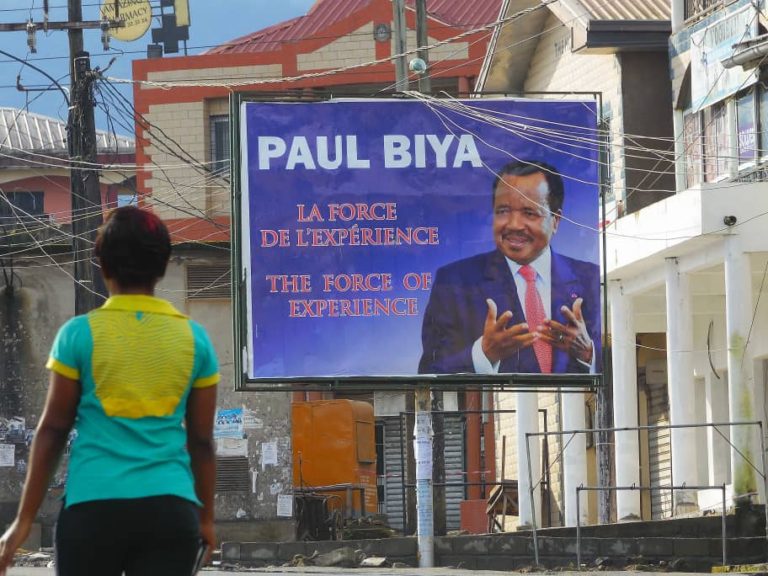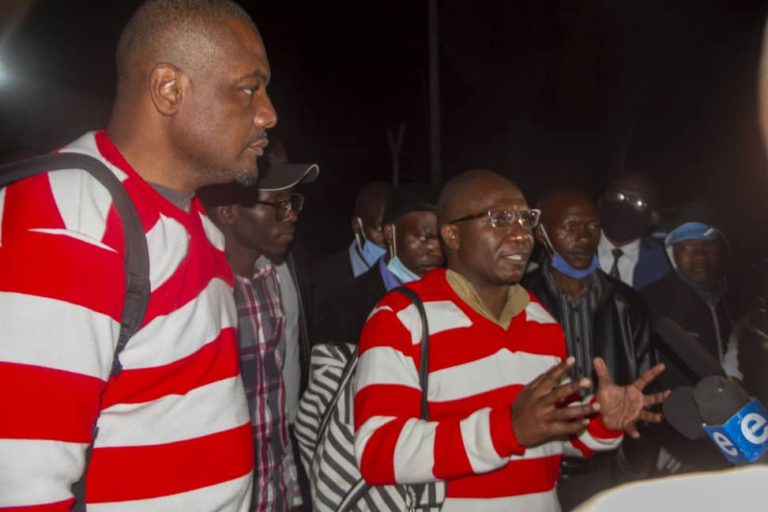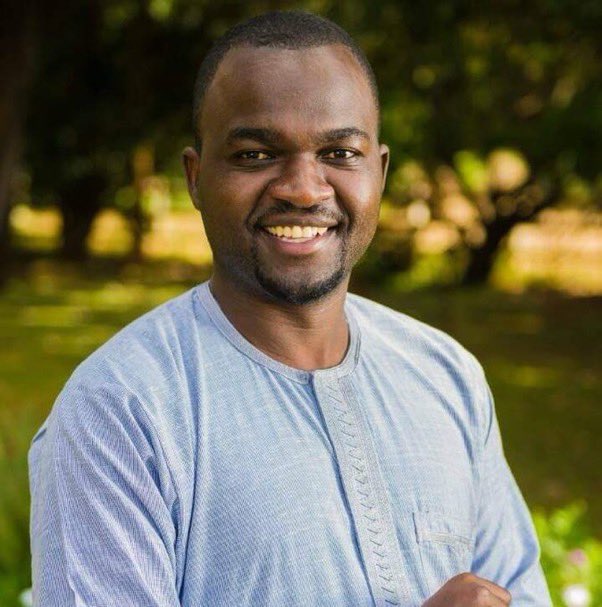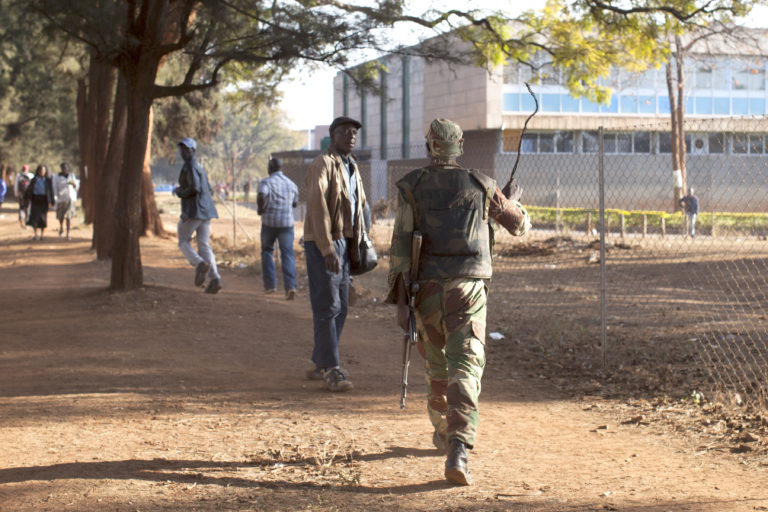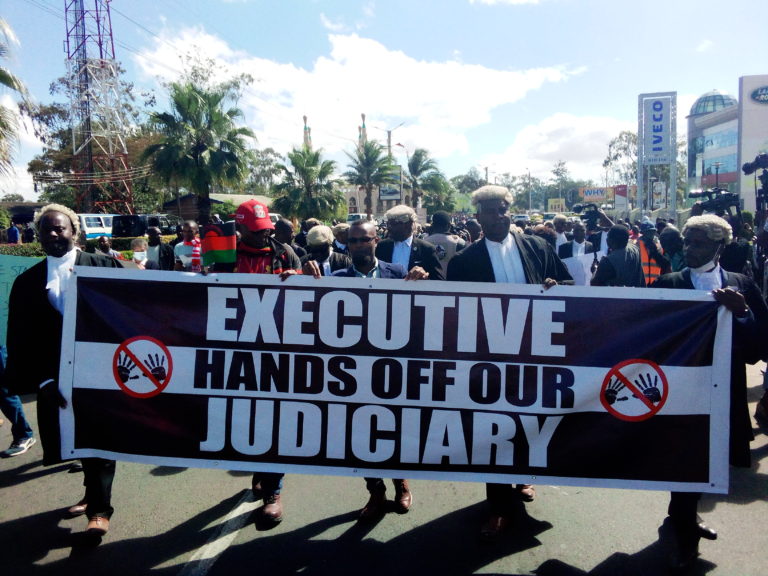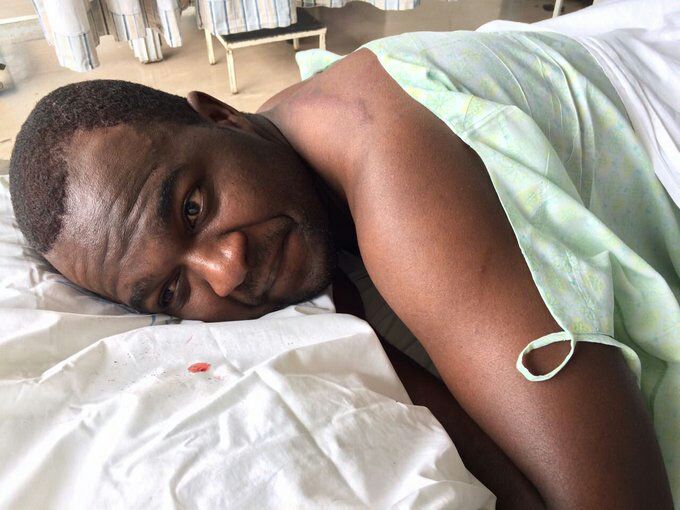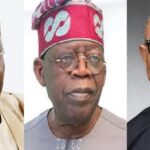The Cameroon Renaissance Movement (CRM), a significant political party in Cameroon, has announced that come 22 September 2020, it will carry out mass protests in a bid to oust long-serving President Paul Biya. The party’s spokesperson, Olivier Bibou Nissack said “Paul Biya must go” and rolled out the hashtag #CameroonRevolution.
Battle lines between the Biya government and the opposition were drawn on 7 September 2020 when President Paul Biya convened the first-ever election to put in place regional councils. The election is due to take place in all divisional headquarters on 6 December 2020. Maurice Kamto, Chairman of CRM and Biya’s main challenger in the 2018 presidential election, had warned in August that should the election be convened without reforms to the electoral code and a solution to the four-year-long Anglophone crisis, he was going to launch a gigantic campaign for the forceful departure of Biya. The president’s decision to call for the election has given momentum to the planned revolt.
Though supporters of the Biya regime are trying to play down the seriousness of the planned popular uprising, Atia Tilarious Azohnwi, a Ph.D. researcher in political science at the University of Istanbul, says Kamto’s threat to oust Biya must be taken seriously. “Cameroon already meets all the conditions necessary for a popular revolution. There’s the general perception that the government of the day has failed and the people are hungry for change,” Azohnwi told Ubuntu Times. He cited perceived political, economic, and social oppression, as well as political incompetence as factors which may push the people to revolt against the government at the slightest ignition.
“Most revolutions in history have often been started by the bold and the outspoken – it always starts like a joke and before long, those who are quiet and careful are co-opted. If the kind of crowd that welcomed Kamto from his tour abroad were to heed to his revolution call, then we can expect anything to happen,” the researcher said.
So far, two other opposition parties – Popular Action Party (PAP) and Mouvement Democratique de Conscience National (MODECNA) – have declared they will be joining the CRM in protest. The campaign organizers were still negotiating by press time to bring on board the Cameroon People’s Party (CPP), which is famous for its Black Friday protests, a CRM top official hinted. Many civil society organizations are said to be signing up for the mass protests.
According to the CRM top official, who preferred anonymity because s/he was not mandated to talk to the press, the protest will be staged nationwide and across the world in countries where Cameroon has diplomatic representation. “We are aware we are dealing with a rogue government. Our strategy is to keep the planning discreet so as to catch the government off guard,” the source told Ubuntu Times, indicating that the protest day could change for strategic reasons.
Government on Red Alert
Protests in Cameroon; be they peaceful or violent, are often met with force by the police and gendarmes. On 22 September 2017 when Anglophone Cameroonians poured out on the streets of the North West and South West regions to express dissent, security forces opened fire and teargassed many protestors. As the government violently squashed the peaceful protests, it pushed many to the extreme and fanned the ongoing, drawn-out Anglophone crisis.
Paul Atanga Nji, Minister of Territorial Administration, has warned that “no disorder shall be tolerated from any political party or any political actor.” The minister said in the event of any “public disorder”, administrative authorities would take necessary measures to maintain law and order. But the minister did not state exactly which measures will be taken against protestors of the planned revolt. However, in the past, such measures have often included arrest, torture and detention, as well as the firing of rubber bullets and teargas.
The external relations ministry on its part has called on heads of Cameroon diplomatic missions abroad to fortify security at embassies, consulates and diplomatic residences, citing recent attacks on such structures by the Cameroonian diaspora. Though the ministry’s leaked communication does not make allusion to the upcoming protest, it is likely that it was orchestrated by it. Brigade Anti-Sardinards (BAS), a global anti-Biya pressure group which supports Kamto, has attacked several of Cameroon’s embassies, especially in France, in recent times.
A source close to Yaounde hinted that the government might tamper with internet connectivity in order to frustrate social media and online mobilization.
Cat and Mouse Relationship
A former ally of Biya, Maurice Kamto turned to be one of Biya’s sternest critics. He has accused Biya of bad governance and says the 87-year old is unable to run the country due to his ailing nature. In 2018, Kamto challenged President Biya at the polls. But Biya swept 71.28% of the votes to extend his 36-year rule back then, to 2025, leaving Kamto at the second position with 14.23% votes. Kamto and the CRM contested the results on grounds that the election was marred by gross irregularities. Kamto declared himself the “President-elect” of Cameroon, and alongside his supporters, they organized several protests across the country against “electoral hold up” which landed at least 117 of them in prison.

Kamto and his close allies, including Albert Dzongang, Celestine Djamen, and Christian Penda Ekoka were detained for nine months for disrupting public order, perpetrating various assaults, insurrection and rebellion. The CRM leader and his supporters regained freedom in October 2019, following a presidential pardon seen as a national reconciliation move but which later turned out to be diplomatic pressure from France. Since then, the relationship between Biya and Kamto has remained hostile.
The International Crisis Group says Cameroon is a classic example of a fragile state in many aspects, especially with its characteristic weak institutions. According to the Fragile State Index 2020, Cameroon was the 11th most fragile state in the world, out of some 178 surveyed. Under President Paul Biya, the country has been poorly rated over the years by independent watchdog organizations with regards to democracy, political rights and civil liberties, with a sharp fall in press freedom. Biya has been in power for close to four decades now and there are no indications he is willing to leave soon.

